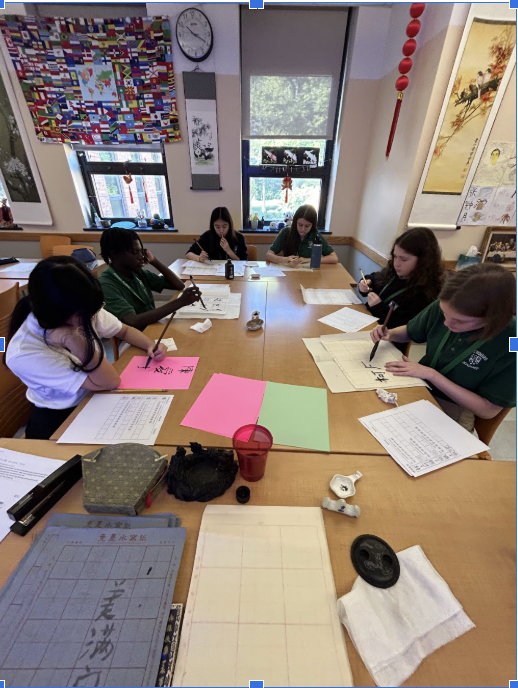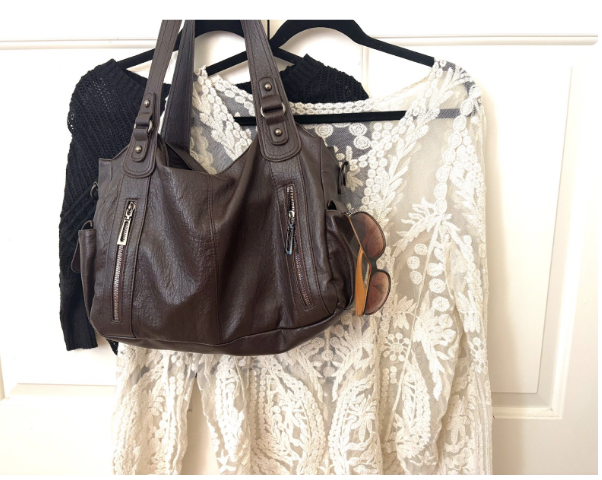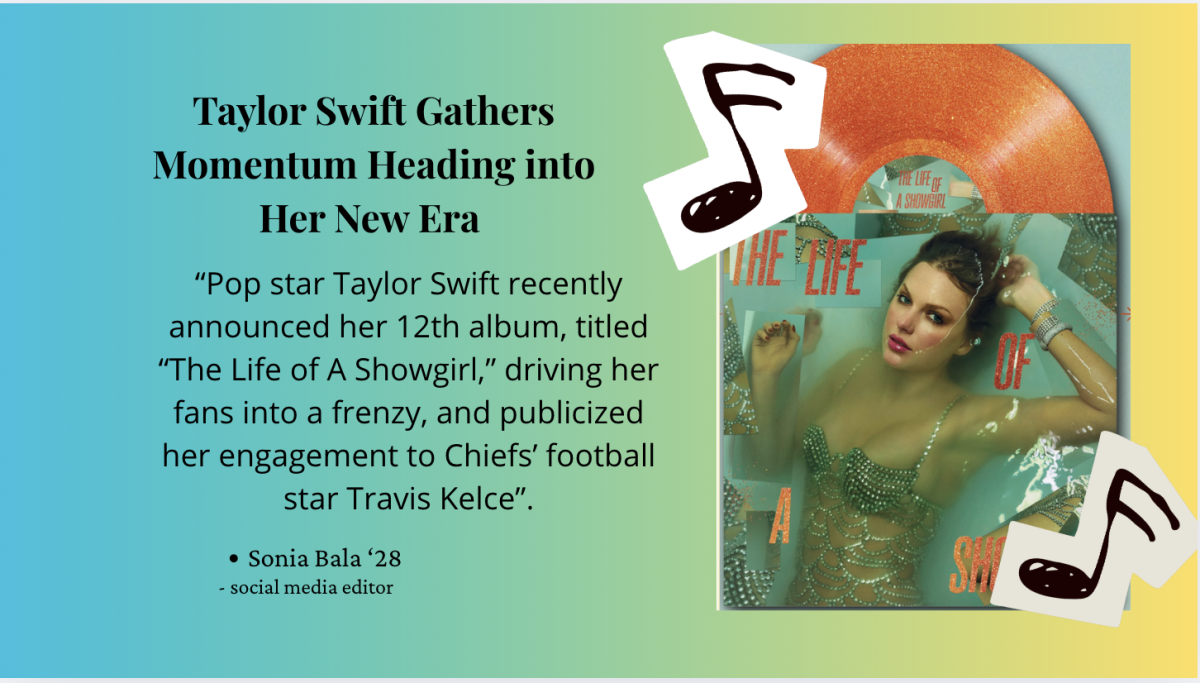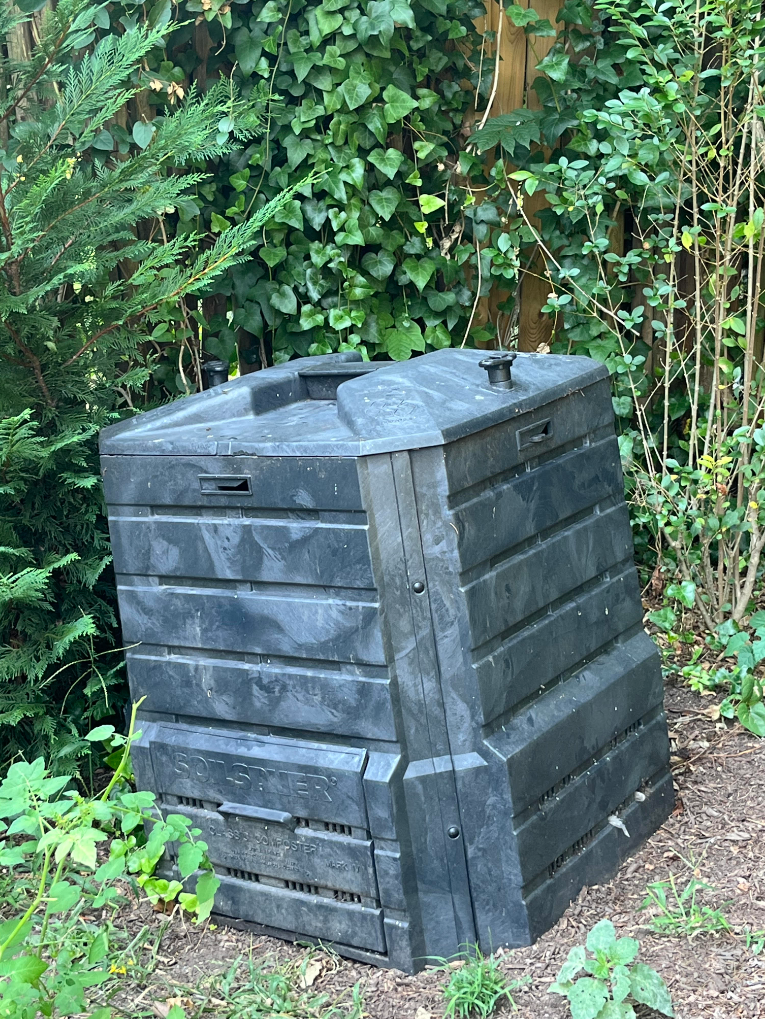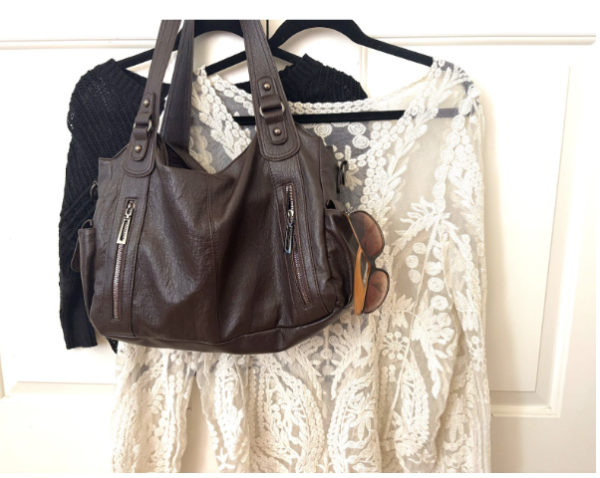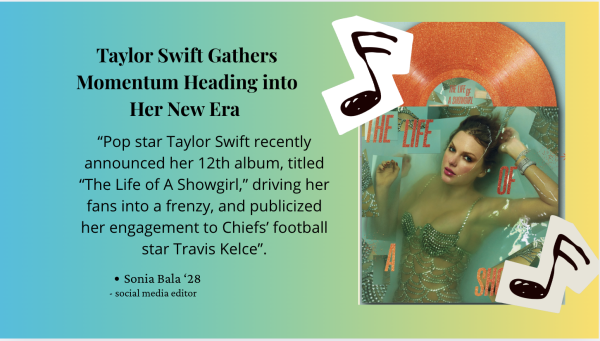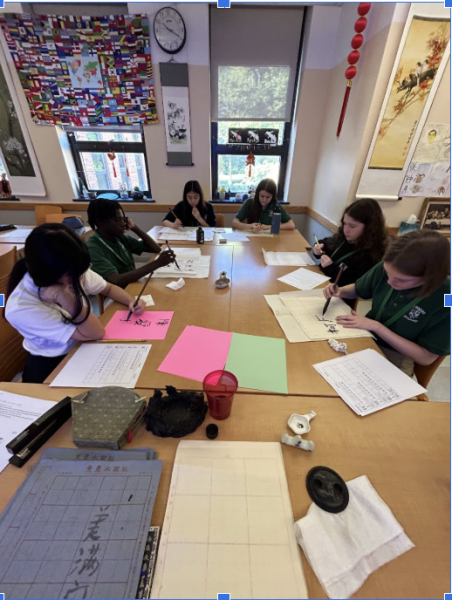The Midterm Strikes Back
Much to Archmere students’ dismay, midterms are back on this year. However, midterms may prove to provide several benefits to the Archmere community. This is a unique year because only the senior class has been introduced to the art of the Archmere midterm. Other classes: Take heed and utilize advice from your seniors and, of course, your teachers. Mr. Nowaczyk advises students to study “early and often” with the analogy, midterms are “like a pizza. You can’t eat the whole thing at once; you have to eat it a little bit at a time,” which is Nowaczyk Speak for, “Spread your studying out over multiple days to optimize your efficiency.”
The class of 2022 has been subject to much change throughout their highschool careers. During their freshman year, midterms were the longstanding tradition. “It was an extremely stressful time with a lot of work. I was kind of overwhelmed and believe it was an overall bad experience,” says senior Ryan Hsieh. Ryan believes that midterms brought down the student morale as everyone was focused on studying instead of enjoying learning. Now, seniors dread the return of these cumulative tests. Ryan regards, “I feel that the student body very clearly voiced that we wanted Winterim to stay in place of midterms.” Ryan wants to leave Archmere better than he found it. He explained, “I want to help out future classes and voice my displeasure with midterms.” Now, after a brief two-year respite, the senior class will take midterms once more.
The class of 2023 lucked out with a new program freshman year: Winterim. Winterim was a three-day period of classes that diverged from traditional academic classes. Cake wars, bike riding, and sign language were among student favorites. The junior class consensus is that Winterim was a unique experience. “We were able to expand our interests and try something outside of our comfort zones. For me, I would never have considered a DIY workshop, but it was really interesting, and I learned a lot,” said junior Ava Courtney. Winterim provided an opportunity for the student population to interact with their teachers and each other outside of traditional classroom activities. Ava, among others, preferred Winterim to midterms.
The class of 2024 experienced neither midterms nor Winterim their freshman year due to the COVID-19 pandemic. Sophomore Alicia Chu feels that midterms “can really help me or really harm me in terms of my grades and mental health, especially without the extra time to study this year [asynchronous periods]. It is a lot more stressful.” This class is adjusting from only abbreviated finals offered at the end of freshman year to these longer cumulative tests at the end of each semester. Alicia would have preferred Winterim as opposed to midterms.
Now, the schedule comes full cycle as this year’s freshman class will take midterms for the first time. Director of Academics Mr. Dougherty offers an explanation to Winterim’s absence. He believes that Winterim never truly left; it just took shape in another form: Advisory periods on Green Days. He explained that “We [the administration] wanted a schedule that was going to let students do more than just academic work. We valued the non-traditional ideas of Winterim while allowing us to return to an assessment that helps us measure our teaching.” So, the Advisory period was created. On special days, referred to as Green Days, students gather with an elected “advisory” group, which includes clubs and activities such as 5k Club, Student Council, and Auks for Earth. With this period taking Winterim’s stead, the administration chose to reinstate midterms. In this way, the administration has proven flexible and considerate of students’ opinions. The administration also agreed to bring down the percentage that midterms weigh on one’s final semester grade from 20% to 10%, with the hopes of decreasing student stress levels.
Dougherty sheds light to the burning question on all students’ minds: WHY MIDTERMS? He responds: “A midterm is not designed to trip up a student. A midterm is designed to honor the time you’ve spent and the material you have studied over the course of the semester… Knowing a midterm is coming is a message to students that this stuff [academics] matters and that you will be asked to demonstrate your knowledge.” So, the administration believes that we are all getting, as Mr. Dougherty says, the “best of both worlds,” with both a midterm and the Advisory period.
Dougherty is not the only person to see benefits of a midterm. Of the 236 students anonymously surveyed, about eighteen percent believe that there are positive aspects to a midterm. One such student responded, “I think that in honors and CP classes midterms are a necessary assessment to see the progression one makes throughout the year.” However, the majority of students saw no benefits and agreed that “I’m cramming for a test containing stuff I learned 3 months ago that I will forget once again about an hour or two after I complete the midterm,” which undermines the purpose of the midterms, as Mr. Dougherty laid out.
So, what does the student body think? Of the 236 anonymously surveyed, ninety-five percent disapprove of midterms, and eighty-two percent see no benefits to this cumulative test. Overall, the consensus is that the student body strongly objects to midterms because they may harm one’s grade, create unnecessary stress, and do not prove fair for AP classes because of the AP test and rigorous coursework. Ava Courtney does see a positive aspect to midterms, however. She believes that it is going to be a “difficult adjustment after so many years in between a proper midterm. I [a junior] have never had a midterm before.”
Good luck everyone, some of us will need it more than others.

Grace Koch is currently a senior at Archmere Academy. When she's not teaching pre-k Sunday school, you can find her engaged in mock trial, soup group,...




